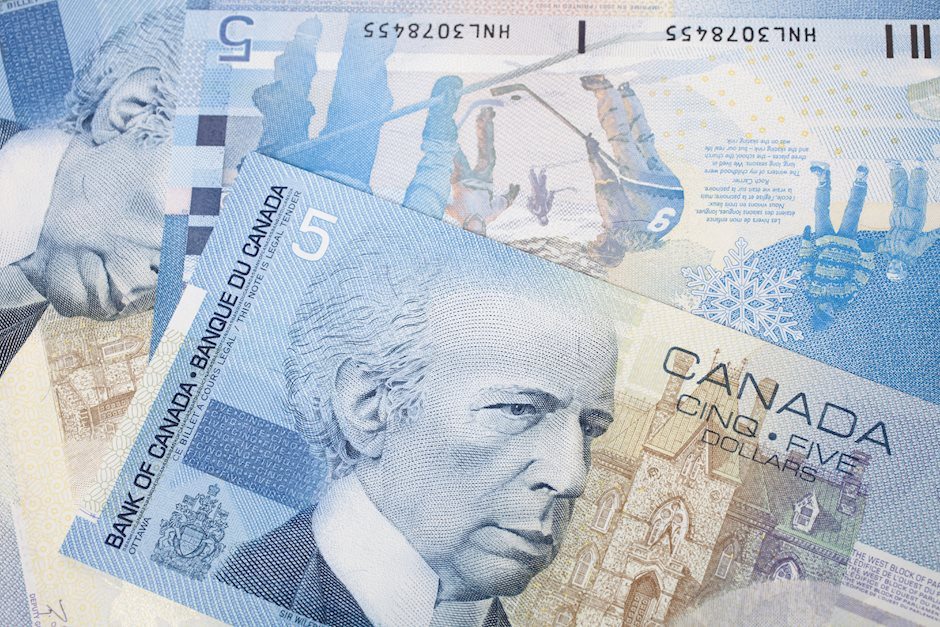USD/CAD rebounds above 1.3600, focus on US data
- USD/CAD finds support at the 1.3600 psychological level and rebounds to 1.3615 in Thursday’s early European session.
- The recent softer US inflation and weaker Retail Sales have triggered speculation that Fed may cut rates this year.
- Canadian Manufacturing Sales data for March fell 2.1% MoM in March from a 0.9% rise in February, worse than expected.

The USD/CAD pair recovers some lost ground near 1.3615 on Thursday during the early European trading hours. The modest rebound of US Dollar (USD) provides some support for the pair. Later on Thursday, investors will keep an eye on US Building Permits, Housing Starts, the weekly Initial Jobless Claims, the Philly Fed Manufacturing Index, and Industrial Production.
Federal Reserve Bank of Minneapolis President Neel Kashkari said on Wednesday that the central bank needs to monitor the economy closely to see if current policy rates are restrictive enough. Earlier this week, Fed Chair Jerome Powell noted that US inflation might prove to be more persistent than expected, keeping the Fed holding rate higher for longer to achieve the central bank’s 2% target. However, the recent softer US inflation data on Wednesday has triggered speculation that the Fed may cut interest rates this year. This, in turn, boosts the Greenback broadly.
The US Consumer Price Index (CPI) rose by 3.4% YoY in April, compared to an increase of 3.5% in the previous reading. The core CPI inflation, which excludes volatile items like food and energy, climbed by 3.6% YoY in April, compared to the previous reading of 3.8%. Both figures were in line with the consensus. The monthly headline and core CPI inflation eased to 0.3% MoM in April from 0.4% in March. Additionally, US Retail Sales arrived at 0% MoM in April from a 0.6% rise in March, worse than the forecast of 0.4%.
On the CAD’s front, the Canadian Manufacturing Sales data for March came in worse than expected, falling 2.1% MoM from a 0.9% rise in February, Statistics Canada revealed on Wednesday. The downbeat figure exerted some pressure on the Loonie. Nonetheless, the rise in oil prices might cap the downside of the commodity-linked Canadian Dollar (CAD), as Canada is the largest oil exporter to the United States.
Author

Lallalit Srijandorn
FXStreet
Lallalit Srijandorn is a Parisian at heart. She has lived in France since 2019 and now becomes a digital entrepreneur based in Paris and Bangkok.

















